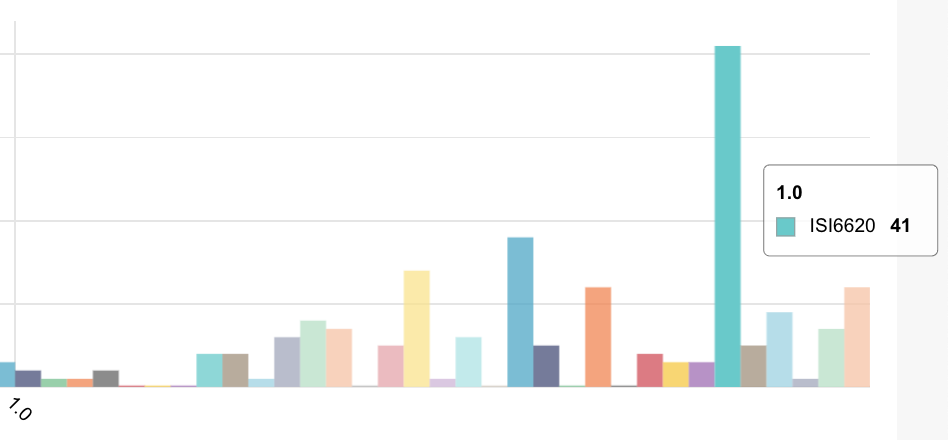Mobile security: Risks of 2014 and beyond
These days the vast majority of us own mobile phones with some of us owning more than one, not to mention all of the PCs, laptops, tablets and watches that keep us connected to the wide world on a daily basis; we live our lives online, we chat online, meet new friends online and, more importantly, we bank and shop online.
We do all of these things without much of a second thought, but how safe are we and well protected is our personal data?
With more and more of our lives being controlled by the internet and mobile phones, are we right to rely on technology and to assume that what we do is safe and protected, or our we putting our fortunes, our safety and our livelihoods at risk?
Preventing theft and accidental loss of your mobile phone
One of the biggest risks mobile phone owners face is losing their phone or having it stolen, putting all of their internet activity, emails, phone data and even financial information in the hands of a stranger or a thief. But the phone manufactures have recognised this risk and have gone some way to reducing it. Apple recently installed kill switches on all of their phones and tablets, which allows the user to “kill” the device if it is stolen or lost, removing all of the data and giving the user an idea of where their device is. This was done at a time when muggings and phone thefts were on the rise, and since then these figures have fallen drastically, proving it to be an effective safeguarding technology as well as a deterrent.
The Filipino company MyPhone have developed a similar technology called Theft Apprehension and Asset Recovery, or TARA for short which renders a mobile phone useless in the event of a theft and can be installed on a range of devices.
Taking a slightly more futuristic look into mobile security, you may have noticed an increase in talk about wireless smartphone charging and power stations popping up in the likes of cafes and waiting rooms. This could be a bigger risk than we are currently aware of. Although the resonant inductive power technology is still somewhat in it’s infancy, wireless charging will undoubtedly only increase the use of hand held and mobile devices on a regular bases. This would naturally increases the likeliehood of theft and opportunity on all levels.
Cyber security considerations
These advances are promising and statistics show that they are working, but thieves don’t need to have your phone in their possession in order to ruin your day, hackers can also infiltrate you device. If you regularly connect to an unsecured Wi-Fi, such as those available in high-streets shops, hotels and restaurants, then you’re exposing yourself and your data to everyone else on that network. The same also applies if you have Bluetooth on your phone and leave this open at all times. Hackers can connect to your device through this unsecured network, or through Bluetooth, and extract bank account information, passwords, emails and more without you knowing. There is no way effective way to stop this from happening, other than to make sure you only connect to private and/or secure networks at all times.
Software exploits – mobile malicious code and you
Viruses, which have attacked personal computers for over 20 years, have evolved into malicious mobile code that attacks mobile phones.
Malware that attacks mobile phones is here and something that not only consumers have to contend with but also hospitals and commercial organizations that are struggling with the challenge of BYOD – bring your own device to work.
As our lives turn to our phones, the criminals are doing the same. They see a market in our private information and online activity, and are trying to exploit this by infecting mobile phones. For now many of these infections are the same viruses that have infected our PCs for many years – often no more than minor annoyances that serve to frustrate us when we browse or spam our friends without our knowledge – but the viruses are getting smarter and the big software developers have yet to create a reliable antivirus that works reliably for mobile phones.
Is your mobile browsing safe?
The future is bright, and in the world of technology it has never been brighter, but where there is opportunity for advancement and for improved devices that help us with every aspect of our lives, there is also opportunity for exploitation.
Robert Kramers is a freelance journalist from New Zealand.




